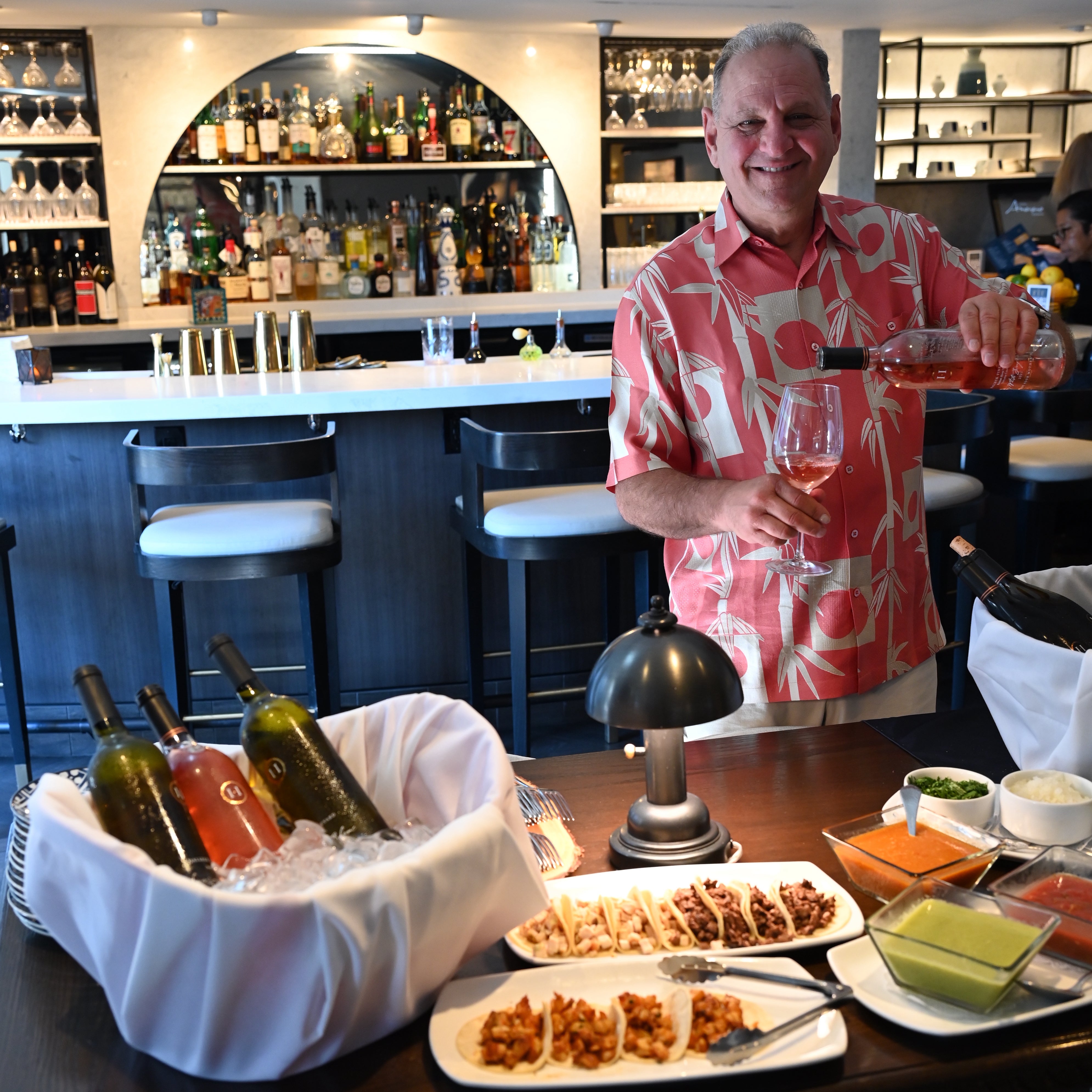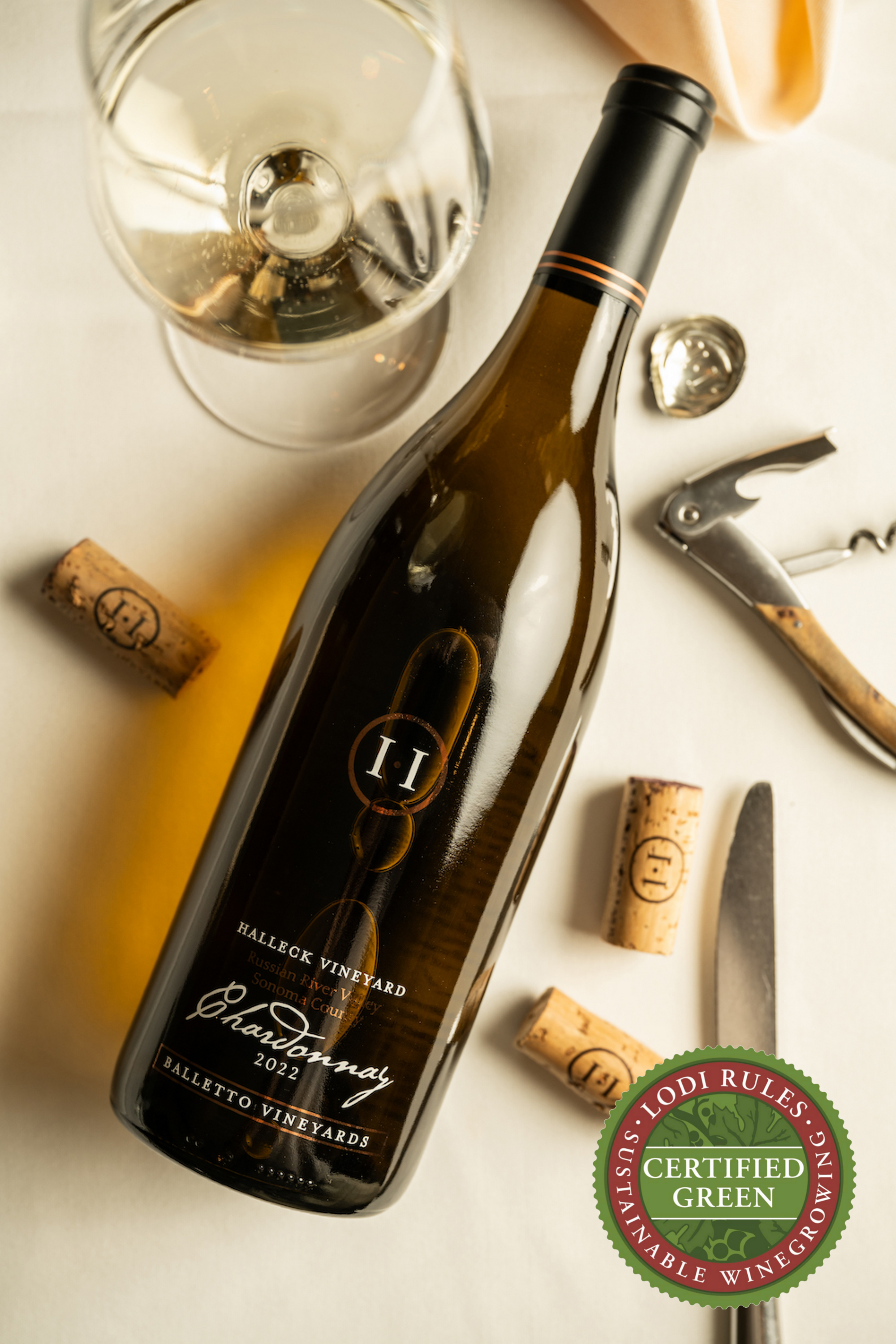Celebrated Winemakers To Discover In Sonoma - Wine Tasting Experiences In Sonoma Valley
Celebrated Winemakers To Discover In Sonoma - Wine Tasting Experiences In Sonoma Valley
Blog Article
Wineries With Unique Wine Blends - Sonoma Wine Tasting Recommendations
Wine tasting is often thought to be an art type, one that goes past merely enjoying a beverage. It embraces a fancy interplay of flavors, aromas, and textures that requires devoted practice to truly grasp. Many who venture into the world of wine tasting shortly realize that it includes much more than simply sipping wine. Improving sensory skills via devoted winery wine tasting can elevate the experience, reworking an informal consuming occasion into a complicated exploration of the senses.
At a primary stage, wine tasting engages the senses of sight, smell, style, contact, and even sound. Each part plays an important role in appreciating the nuances of a wine. When one first pours a glass of wine, the wealthy hues can provide preliminary insights into its age and varietal. Observing the color and clarity helps kind expectations about the wine's flavor profile. Many don’t absolutely recognize how this visual assessment can set the stage for what's to follow.
The subsequent step is to engage the sense of odor. Swirling the glass aerates the wine, allowing its risky compounds to flee and fill the air with its bouquet. The nostril entails some fascinating layers—different aromas can sign various aspects of the winemaking process, including the sort of grapes used, fermentation methods, and aging circumstances. Growing a keen sense of scent is normally a game-changer in wine tasting.
Family-Oriented Wine Tasting Venues In Sebastopol - Sonoma Wine Culture
To improve this sensory skill, wine enthusiasts are sometimes encouraged to take part in dedicated tastings at wineries. These tastings enable individuals to focus solely on the sensory experience (Wineries Producing Pinot Noir And Chardonnay). Tasting sessions led by educated sommeliers or winemakers can offer insights into identifying distinct aromas. Studying to differentiate between floral, fruity, earthy, and spicy notes can empower a taster to articulate their experience with greater precision.
As one practices their sensory skills, they might discover that their style preferences evolve. This transformation often occurs after multiple tastings. A wine that initially appeared overwhelming might reveal hidden layers of complexity with a little bit of experience. Understanding how to isolate individual flavors corresponding to acidity, sweetness, bitterness, and umami contributes substantially to the general wine experience.
Another important component in improving sensory skills is the context during which wine is tasted. Environmental factors like temperature, lighting, and even the company current can influence perceptions. At a winery, an optimal setting can cut back distractions and enable a more profound exploration of the wine (Beautiful Picnic Areas At Sonoma Wineries). Practicing aware tasting techniques encourages a more immersive experience, allowing tasters to hone in on their senses.
It is not solely about individual notion, although. Partaking with others throughout a tasting can even enhance sensory skills. Sharing notes and discussing impressions fosters a deeper understanding of the wine. This collaborative method encourages participants to articulate their sensory experiences, thereby broadening their linguistic repertoire related to wine tasting.
Upcoming Wine Festivals In Sonoma County - Celebrated Wineries Around Sebastopol
Additionally, pairing wine with food can considerably improve the tasting experience. Different combos can deliver out unique flavors in each the wine and the dish. As one tastes a wine alongside specific foods, they'll begin to recognize how sure elements in the wine complement or distinction with what they're eating. This skill of pairing is one other layer that enriches sensory development.
Coaching one’s palate can involve a selection of workouts. Some enthusiasts interact in systematic tasting experiences, sampling a variety of wines that showcase completely different varietals, areas, or vintages. Exploring this range can sharpen the power to discern nuances throughout totally different wine read this article profiles. Over time, this practice builds a mental library of flavors that may be accessed throughout future tastings.
Notably, written notes serve a twin objective: organizing one’s thoughts and reinforcing memory. By writing down observations about every wine, tasters can observe their progress over time. Detailing the traits of wines assists in solidifying information, ultimately deepening one’s appreciation of what they devour.
Furthermore, attending workshops or classes centered on sensory analysis may also be helpful. Many wineries offer these academic programs to help people refine their skills. Often, skilled instructors guide participants by way of structured tastings, focusing on specific components of the wine. This level of training reinforces the sensory skills asynchronously and challenges tasters to think about their experiences from completely different angles.
Wineries With Picnic Areas - Discovering Sonoma Area Wineries

Over time, the dedication to improving sensory skills via dedicated winery wine tasting can yield vital rewards. The enjoyment derived from wine turns into layered and multifaceted. No longer restricted to a easy desire for "red" or "white," tasters start to appreciate the tales behind every pour. They domesticate a palette able to navigating the complex panorama of flavors with confidence.
In conclusion, the journey of enhancing sensory skills via dedicated winery wine tasting is as rewarding as it's gratifying. It requires focus, dedication, and a willingness to be taught, however the outcomes far exceed the initial effort. By partaking multiple senses and collaborating in thoughtful discussions, individuals not only become more adept at figuring out flavors but additionally develop a this content deeper appreciation for the craftsmanship behind every bottle. The course of transforms wine from a mere beverage into a rich tapestry of sensory exploration that beckons enthusiasts to delve deeper. As skills improve, so too does the enjoyment, enriching life experiences one sip at a time.
Eco-Friendly Wineries In Sonoma County - Sonoma Wine Tastings
- Participating the palate through numerous wine varieties enhances the power to inform apart flavors and aromas, refining overall sensory perception.
- Collaborating in guided tastings promotes targeted consideration on refined characteristics of each wine, nurturing crucial tasting skills.
- Learning to determine particular grape varieties fosters a deeper understanding of terroir, which aids in recognizing regional flavor profiles.
- Incorporating food pairings throughout tastings can heighten sensory consciousness, as completely different tastes can affect each other and alter perceptions.
- Practicing the art of swirling and nosing wines allows individuals to connect olfactory cues with taste, improving the power to articulate sensory experiences.
- Attending workshops that emphasize blind tastings trains individuals to rely purely on their senses quite than preconceived notions, enhancing objectivity.
- Elevating sensory skills can lead to better wine selection talents, empowering individuals to make knowledgeable selections primarily based on personal preferences.
- Participating with educated sommeliers presents insights into wine-making processes, which deepens sensory appreciation and enhances vocabulary for describing wines.
- Common participation in tastings encourages reminiscence growth of flavors and aromas, aiding within the formation of a personalised sensory profile over time.
- Sharing tasting experiences with friends fosters dialogue, promoting communal learning that can enhance individual sensory skills by way of collaboration.undefinedWhat is the aim of enhancing sensory skills by way of wine tasting?

Enhancing sensory skills through wine tasting permits individuals to enhance their capability to identify and recognize the varied aromas, flavors, and textures of wine. This heightened sensory awareness can result in a deeper understanding of wine and an overall enriched tasting experience.
Vineyard Tours With Guided Tastings In Sonoma - Unique Wine Tasting Experiences In Sebastopol
How can I develop my sensory skills at a winery?
You can develop your sensory skills at a winery by participating in guided tasting sessions that target specific varietals. Engage with knowledgeable staff who can present insights and encourage you to take notes in your impressions, enhancing each your observational and descriptive talents.
What should I anticipate during a dedicated wine tasting experience?
Wineries Promoting Sustainable Farming - Sonoma's Hidden Winery Gems
Throughout a devoted wine tasting experience, expect to sample a selection of wines while receiving targeted schooling about every one. You Will study concerning the winemaking course of, tasting techniques, and how to discern completely different sensory traits, all in a relaxed setting.

Is prior data of wine necessary to profit from a sensory skills workshop?
- Wineries Specializing In Sparkling Wines
No prior knowledge of wine is important; the workshops are designed for all ranges of experience. Beginners will discover priceless information to construct from, whereas seasoned tasters can refine their skills and expand their palate even additional.
How do sensory skills impact my general wine appreciation?
Wine Tasting Trails In Sonoma Valley - Discover Sebastopol's Wine Scene
Enhancing sensory skills significantly enhances your total wine appreciation by allowing you to identify subtleties and complexities in wines. This deeper understanding enriches your tasting experience and helps you make knowledgeable choices based on personal preferences.
Are there particular techniques I should use whereas tasting wine to improve my sensory skills?
Wineries Near Santa Rosa - A Winery In The Sonoma Valley To Discover
Sure, employing techniques such as the "SWOT" method (Sight, Swirl, Smell, Sip, Savor) can be beneficial. Pay consideration to the wine's look, aromatics, and mouthfeel, and take your time with every sip to totally discover the flavors and sensations.
What kind of wines are sometimes included in sensory skills tastings?
Typically, sensory skills tastings embody a wide range of wines that showcase completely different regions, varietals, and styles. This diversity helps members determine distinct traits and enhances their capability to differentiate between wines.
Can sensory skills workshops be personalized to my tasting interests?
Upcoming Wine Festivals In Sonoma County - Sonoma’s Lush Vineyard Landscapes
Many wineries supply personalized choices for sensory skills workshops, permitting you to focus on particular kinds of wines or themes that interest you, similar to organic wines or unique regional offerings. It's best to inquire directly with the winery for tailor-made experiences.
Is there a approach to practice sensory skills after leaving the winery?
Sure, you'll find a way to practice your sensory skills at home by tasting totally different wines and maintaining a tasting journal. Experimenting with numerous food pairings and aromatics can further enhance your understanding of how flavors work together, reinforcing the abilities gained on the winery. Report this page